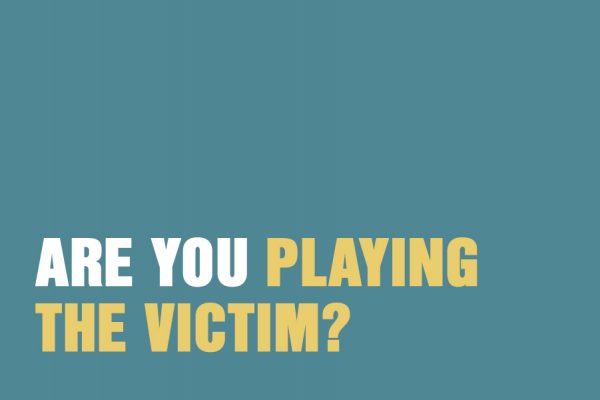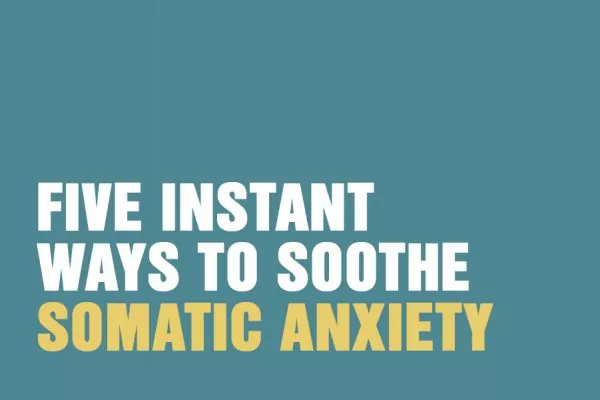The reasons why people come into therapy are vast and various. You may have a nagging sense that something isn’t quite right in your life, and you’d like the space and time to work out what that might be. You may also want the experience of feeling supported in identifying ways to improve how you think, feel and behave.
Some of the most common initial reasons for coming into therapy, what therapists call ‘the presenting issue’, are:
- Dealing with tricky or demanding relationships
- Challenging negative thinking
- Discovering why you feel so low
- Improving your self-esteem
- Working through difficult or painful childhood issues
- Processing loss
- Tackling workplace stress
- Finding meaning and purpose
Yet, beyond these presenting issues – emerging over time in therapy – is the ‘real’ reason why you’re seeking therapeutic support. Often the yearning that brings you into therapy is the desire to be your true self. To be able to express yourself authentically. To know what’s in your heart and to act on it. In short, to find your voice and speak your truth in the world.
Therapy can support you in finding your authentic voice. Here’s how…
You’ll have space to think and feel
A therapist is trained to create a space where you feel safe to say how you really think and feel. It may take a while to get in touch with what you’re really feeling if you’ve spent a lot of your life tuning into what other people want and adapting your behaviours accordingly. Coming to weekly therapy can open up your thoughts and feelings, while expressing them can feel liberating and healing.
You don’t need to take care of your therapist
Speaking your truth may sometimes feel scary because you’re concerned about the reaction of the person you’re telling. You might fear that they’ll shout at you, shun you or reject you. They are very real fears, often rooted in childhood, that keep you from being authentic with yourself and others. However, you don’t need to take care of your therapist or worry how they’re going to respond. They won’t judge you or tell you off.
You can try out new ways of communicating
Therapy allows you to try out new ways of thinking, feeling and being. Your therapist explore with you how it feels for you to say what you want to say – and to deal with the feelings that come up around speaking your truth for the first time. You can also explore the impact of being authentic on the people in your life who’ve perhaps always seen you in one way – and have a vested interest in you staying that way – and how you can manage those relationships.
You can work on what’s holding you back
If your yearning is authentic self-expression, but you end up second-guessing what others want, then it can be helpful to look at what is preventing you from speaking your truth. Therapy can help identify those factors – both internal and external – that are holding you back from being your best self.
If you’d like to start therapy to help you find our voice, get in touch with our team. You can reach us on 020 8673 4545 or [email protected] We have sessions available seven days a week from our centres in Clapham and Tooting, with no waiting list.







